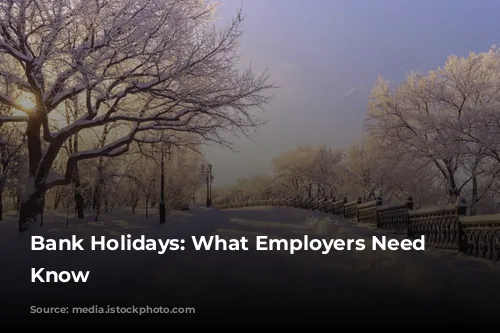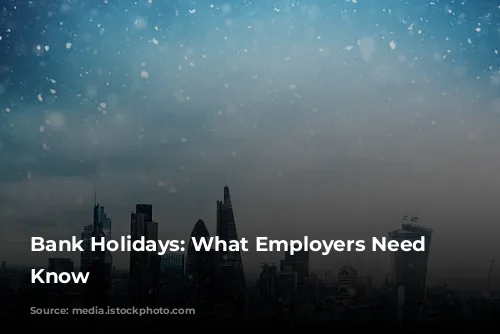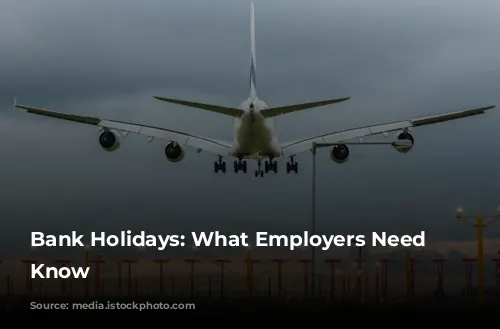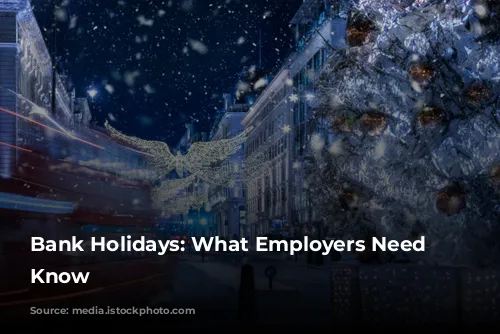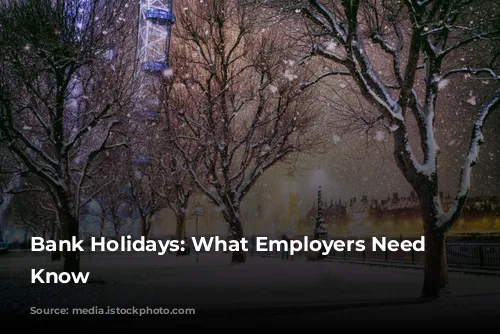Bank holidays are a time for celebration and relaxation, but they can also be a source of confusion for employers. The rules surrounding bank holidays and employee entitlement can be tricky to navigate. This guide will help you understand the key aspects of bank holidays and how they affect your employees.
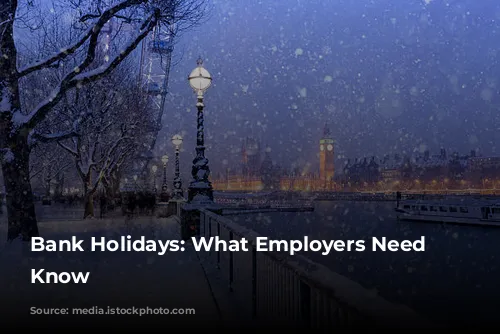
Do Employees Have a Right to Time Off for Bank Holidays?
In short, no, employees do not have an automatic right to time off on bank holidays. The right to time off for bank holidays is dependent on their employment contract. If an employee’s contract doesn’t state they are entitled to bank holidays, and they refuse to work, this could be considered a disciplinary issue. However, if the contract states they are entitled to bank holidays, the employer cannot force them to work.
It’s important to have clear and detailed terms and conditions of employment that outline how bank holidays are handled. If you are unsure about your company’s policy, it’s wise to seek legal advice to avoid any potential problems.

Are Employees Entitled to Extra Pay for Working on Bank Holidays?
Again, the answer depends on the employee’s contract. There is no legal requirement to pay extra for working on a bank holiday. Unless stipulated in their contract, employees are not entitled to time-and-a-half or double-time pay for working on bank holidays.
However, if your company has a tradition of paying extra for working on bank holidays, this could be considered a contractual entitlement. It’s important to clearly communicate pay rates for working on bank holidays in the terms and conditions of employment.

Part-Time Employees and Bank Holidays
Bank holidays can present challenges for part-time employees. They may have fewer days off compared to full-time employees, depending on their working patterns and the days on which bank holidays fall.
It’s vital to ensure all employees, regardless of their working hours, receive at least the minimum statutory annual leave entitlement. To avoid discrimination claims, many employers offer pro-rated bank holiday entitlements to part-time employees. This means calculating the entitlement based on the employee’s working hours, irrespective of whether they normally work on bank holidays.

Managing Holiday Requests Around Bank Holidays
If an employee is required to work on bank holidays according to their contract, they cannot simply refuse to work. However, employers should have good business reasons to refuse holiday requests, particularly during busy periods.
Treating employees inconsistently when refusing holiday requests can lead to discrimination claims. Employers should ensure they have a clear policy for managing holiday requests and communicate their reasons for refusal clearly and considerately.

What About Additional Bank Holidays?
The government sometimes grants additional bank holidays for special events, such as the Queen’s Platinum Jubilee or a King’s coronation. Whether employees are entitled to these additional days off depends on the wording in their contracts.
Contracts that state employees are entitled to “all bank and public holidays” would likely require the employer to grant the extra day as leave. Even if not contractually obliged, it’s a good idea to offer the extra day as a goodwill gesture, especially for significant events.
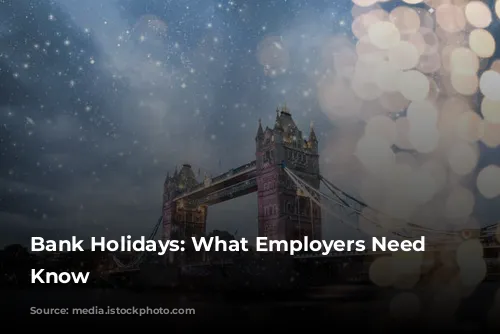
Key Takeaways:
Bank holidays can pose challenges for employers, but with clear policies and communication, you can avoid common pitfalls. Make sure your contracts are clear about bank holiday entitlements and pay rates for working on bank holidays. Always treat employees consistently and fairly when managing holiday requests. If you’re ever unsure, it’s best to seek legal advice.

